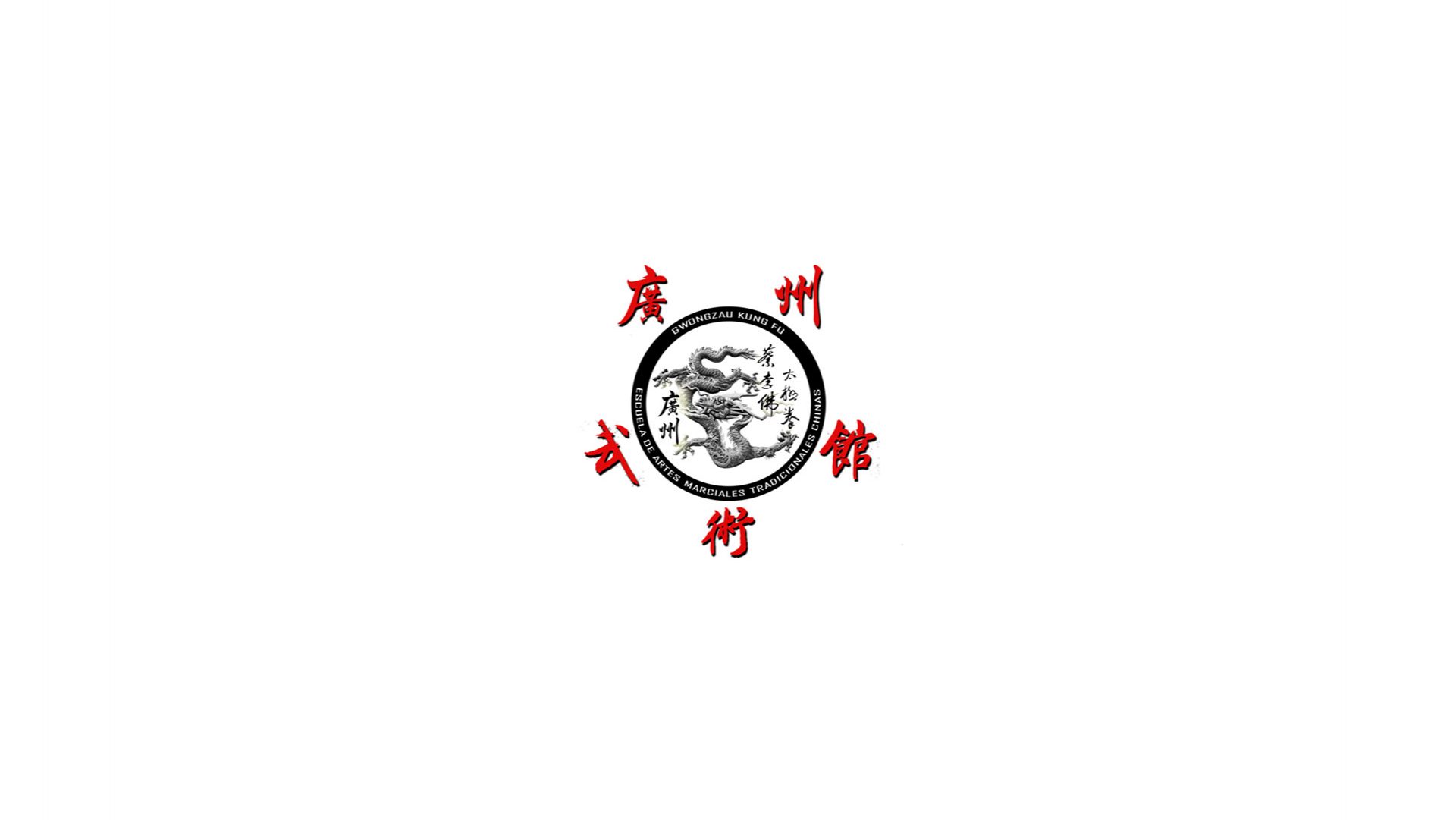The concept of soul:
According to the Chinese conception of human being, it is composed of 'two souls': the Pò 魄, 'corporeal' or 'terrestrial soul', whose concept has its origin in Northern China; and the Hún 魂, which has come to be called 'ethereal soul', originally from Southern China. With the expansion and cultural contact between the North and the South in Antiquity, the two ideas merged into a unique concept of 'two souls'.
These two souls were linked to the concepts of Yīn and Yáng 陰陽. The Pò is the 'earthly soul', the Yīn part, which becomes manifest at the moment of conception. The Hún corresponds to the Yáng, the subtle part, and enters the body at the moment of birth. With death, the two souls separate taking different paths: the Hún ascends to Heaven (Tiān 天) and the Pò descends to the underworld or remains next to the body of the deceased.
There are multiple variants of this conception of the soul; for example, some Taoist groups consider the existence of three Hún and seven Pò.
The care of these two souls after death by the descendants of the deceased originated the Chinese practice of veneration of the ancestors.
The veneration of Ancestors:
Veneration of the Ancestors is a very ancient practice that has remained an essential part of Chinese culture since the Shāng Dynasty 商朝 (1600-1046 B.C.). It is based on the belief that the spirits of the ancestors remain watching the lives of their descendants from the other world. These spirits can provide help to the living or cause them harm, according to their moods towards their acts, so it is convenient to placate them through offerings. This belief is not associated with any particular Chinese religion, but is firmly rooted in tradition and is common to all religious systems, with some variations.
With the cultural contact between North and South, the existing ideas in both areas about the soul merged into a unique concept of 'two souls'.
After the death of the individual, descendants must take correct care of the Pò and the Hún . The etheric soul ascends to Heaven, and is believed to be destroyed by cremation, which is why the Chinese always buried their dead instead of incinerating them; while the corporeal soul remains in the body. The Chinese believed that if the decomposition of the body were avoided, the Pò would remain bound to it and prevent it from wandering through the world of the living, becoming a ghost and interfering in human affairs.
In the Chinese tradition it is considered that only the male descendants can carry out the rituals of veneration to the ancestors; so the lack of a male child would bring misfortune to the family. These duties of veneration include the visit and maintenance of the tombs and the offerings of food and incense. This belief is rooted in the Confucian values of filial piety, for which a son has to honour and obey his father even after his death.
Traditionally, each family had a room with an altar dedicated to the ancestors, which housed tablets with their names. Formerly, in the villages, all the inhabitants belonged to the same family clan and bore the same surname, so that veneration of ancestors was a community practice. It was believed that a part of the spirit of the deceased remained on the tablet with his name, and the offerings were made on this altar.
But the obligation that the living had with the dead was reciprocal, as payment for everything the ancestors had done for their descendants in life and as a way to earn their favour to get a good life, good crops and male descendants to ensure the perpetuation of the lineage.
At present, the veneration of ancestors is disappearing in China under the communist regime, which is against all religious manifestation.
